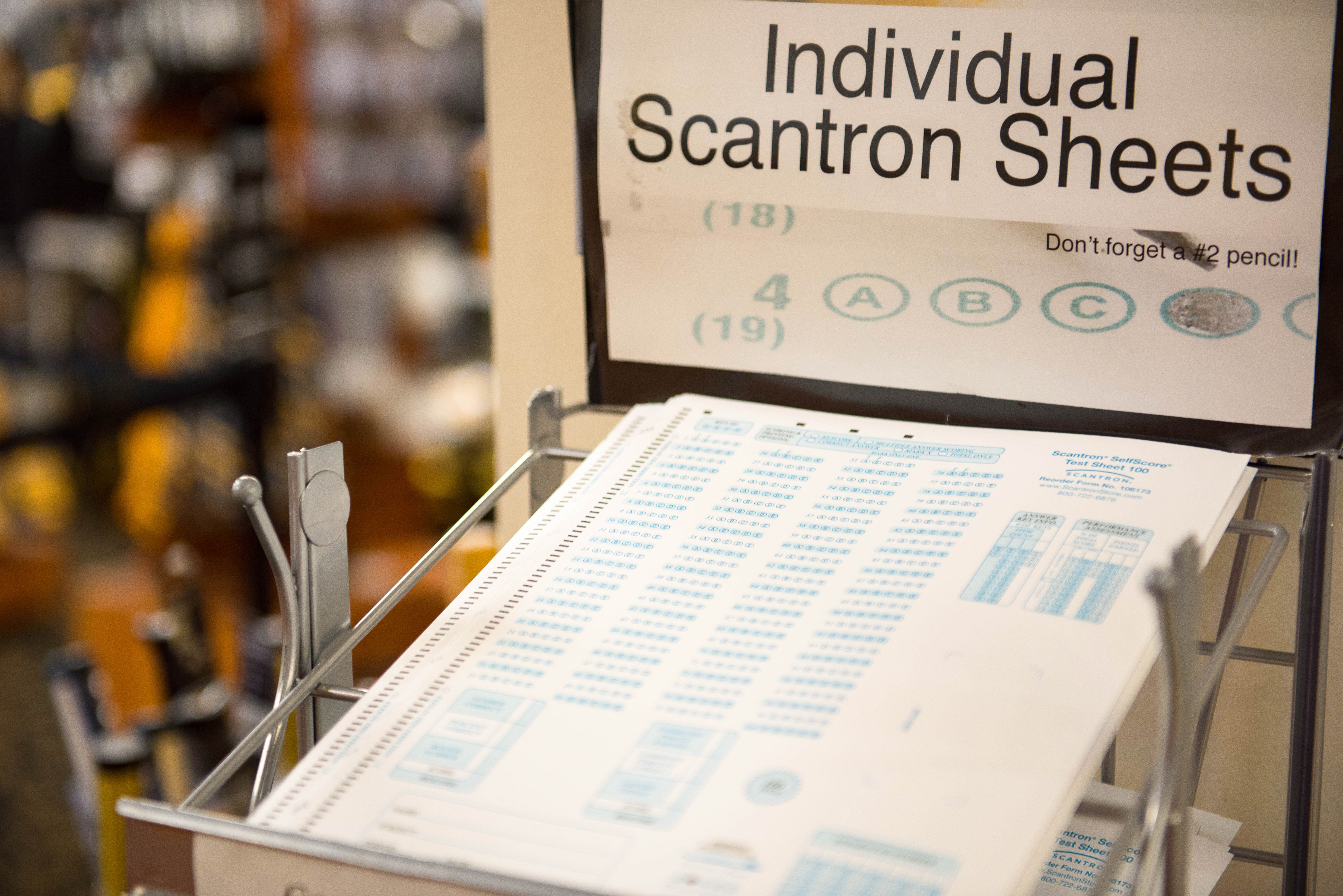In a society enamored with technology, it is no surprise that testing has quickly transitioned away from the classic pen-on-paper style in favor of its digital alternative. Standardized testing has jumped onto the bandwagon of administering exams on tablets, and students are not so sure if their best interest is in mind with the change.
The Law School Admissions Test switched from the Scantron test sheet to tablets on Saturday, Sep. 21, according to Kaplan. This test is required for all students seeking admittance to law school — which this year totaled 60,401 people nationwide, according to Tipping the Scales.
This switch brings some of the “biggest changes in decades,” including pop-up alerts during the exam reminding students of time limits and “flagging” — essentially the online tool of bookmarking certain questions. The tablet format forces flagging to be only available annotation tool.
Kennesaw State political science majors, many of whom plan on taking the LSAT during their junior year of college, do not seem very happy about the change.
“Switching the LSAT to a tablet is going to be detrimental because it introduces many more factors where there could be errors with the program,” freshman political science major Scott Edgar said. “I want the least amount of outside factors to affect my results.”
Some students are convinced that the switch away from traditional test books is not to benefit students, but rather to ease the workload of test graders.
“This seems to be a move made to allow the grading of the LSATs much faster under the guise of student interest,” junior political science major Mary Kathryn Gentry said. “While this may benefit some students who take the LSAT and have a hard time bubbling in answers correctly, testing on a tablet can lead to errors on the assessment due to interface rather than lack of knowledge.”
Such errors in digital testing are common, according to FutureEd. Research by the University of Miami reveals that student scores are consistently lower when tests are administered digitally rather than on paper. With evidence such as this piling against the claim that students will benefit from the LSAT change, the motivations of proctors seem questionable.
Fortunately, the staff at KSU have anticipated the change and now offer “How to apply to law school” information sessions during October, led by Associate Professor of Political Science Kenneth White.
Students will have the opportunity to anticipate how to tackle the electronic switch and increase their chances to be accepted into top law schools — even though they feel like the switch was not made with their best interest in mind.
The needs of students have been ignored in favor of easy grading, and proctors of the LSAT should reevaluate their intentions — the needs of students are much more important than tablets.


